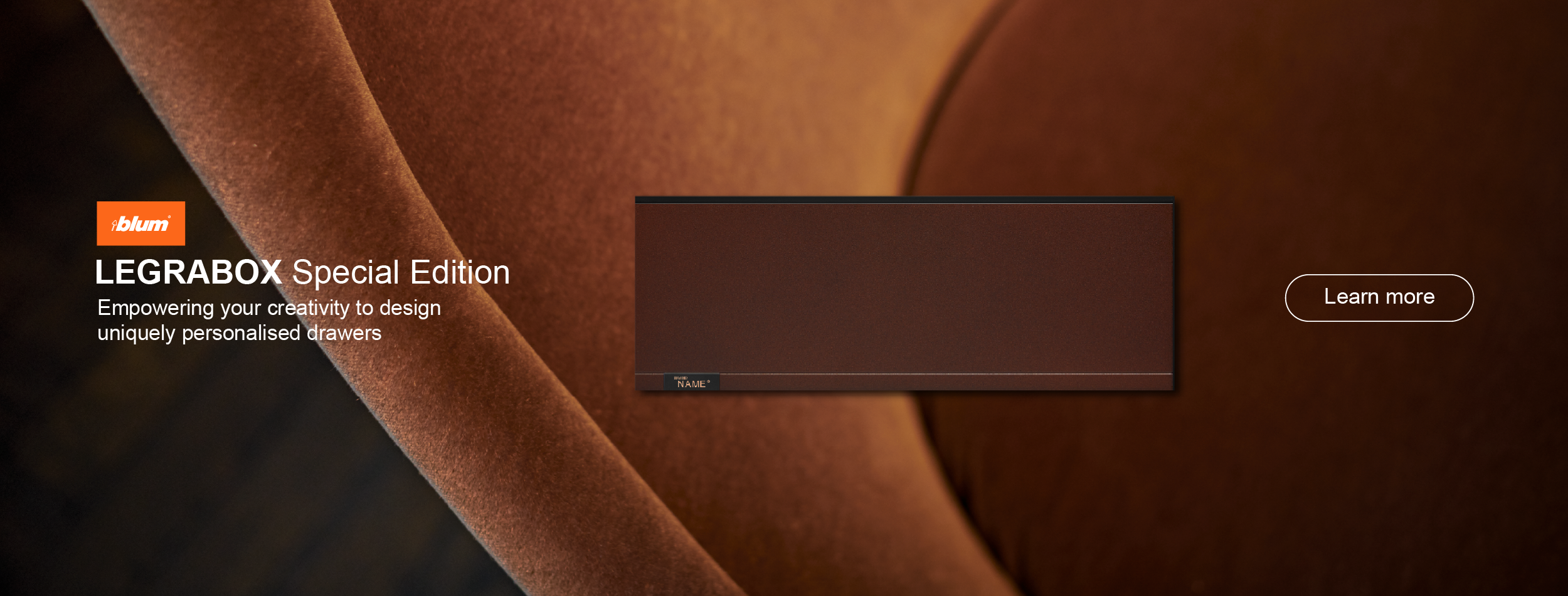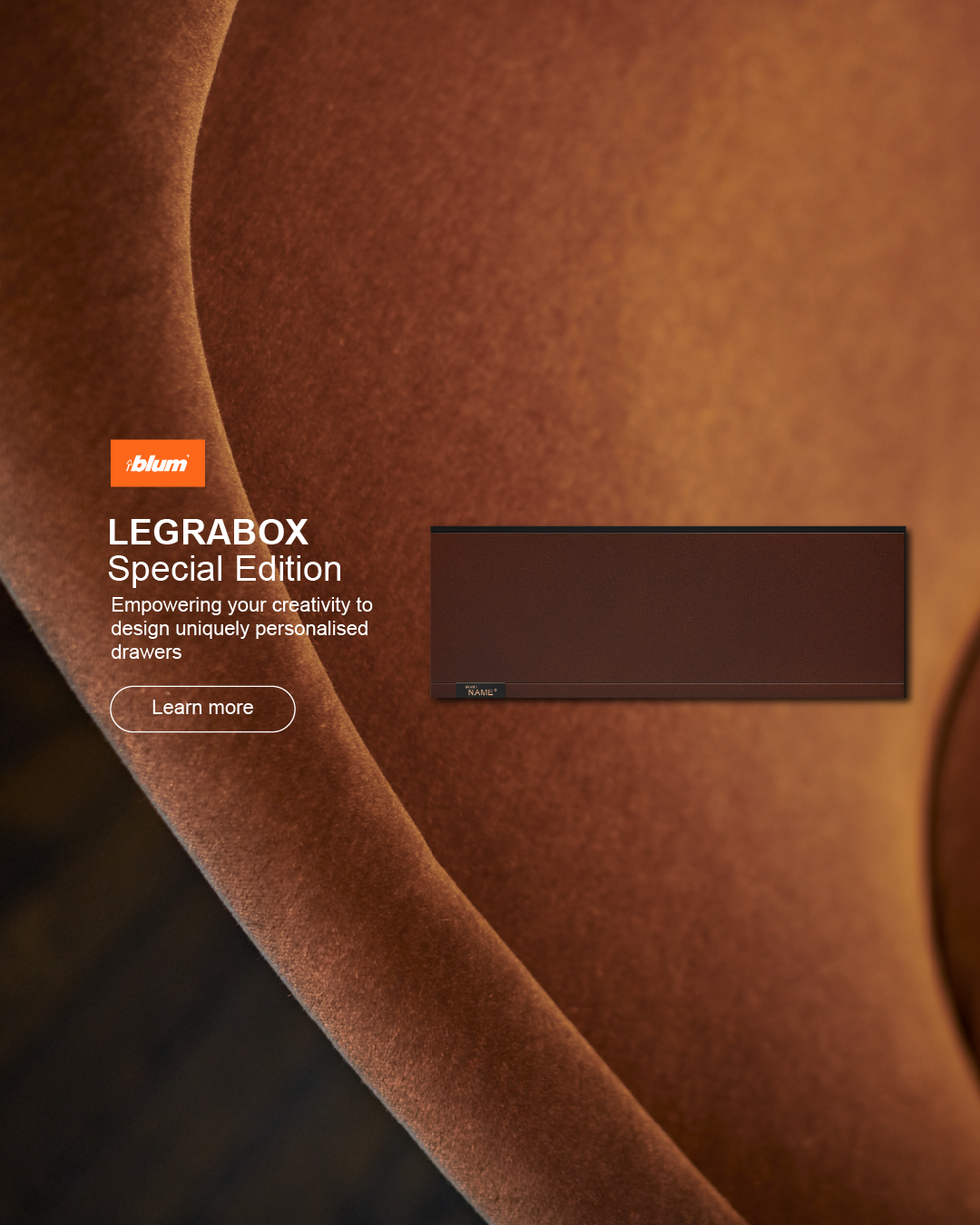
Profile: Post Company
Post Company partners Ruben Caldwell, Jou-Yie Chou and Leigh Salem value beauty and utility in equal measure. It’s an approach that has seen the multi-disciplinary design firm produce resonant and contextually relevant work across the hospitality, retail and residential sectors since 2012. The trio, however, prefer a less prescriptive approach to their work, instead emphasising one consistent through line: rigour.
For this interview, Caldwell is in Jackson, Wyoming, where he’s permanently based; Chou’s on site at one of the practice’s recently completed hotels, Mollie, in Aspen; and Salem, who splits his time between North America’s east and west coasts, is in San Francisco. This is not unusual, yet despite the itinerancy of it, the trio have built a strong base for their team of architects, interior designers, art directors and graphic designers – a diversity of skillsets redolent of the practice’s holistic design methodology – in Brooklyn, a hub for collaboration and innovation.
Caldwell, Chou and Salem’s solid camaraderie is the result of a long and steady burn, built on “a lot of shared connections and commonalities,” says Caldwell. He and Salem met on the first day of architecture school and then connected with Chou through mutual friends. It wasn’t until several years later, however, that they brought their diverse and varied aptitudes in architecture, branding and hospitality together under one unified banner. “We [Salem and Caldwell] were looking at what an architecture practice encompassed, and Jou-Yie was coming at it from an operational point of view,” says Salem. “So, the ethos of the studio was really trying to think about where architecture, design and interiors could be a platform for speaking across those cultural inputs.”
Hospitality has indeed emerged as the cornerstone of Post Company’s practice. Inness, a boutique hotel in Upstate New York, helped to solidify this bent in 2021 (they also recently completed the hotel’s spa and gym). The award-winning design blends the Catskills’ rural disposition with a Nordic minimalism, and all three partners underscore the project as particularly significant to their practice. “The historic references and contemporary austerity very much resonate and align philosophically with us,” says Salem.
“Our hospitality work has a residential or a human scale, so people can experience that within their homes,” says Chou.
Not ones to rest on their laurels, other landmark projects quickly followed suit, including La Playa Hotel in Carmel, which reinterprets the area’s artistic history through whimsy and charm, and Mollie Aspen, which leans heavily into Aspen’s Bauhaus legacy, as well as restaurants often heralded not just for the food but also for the interiors like Raf’s and Huda, both in New York. “We love hospitality,” says Salem. “I say that not because it’s one of those things we constantly think about, but because it’s really the intersection of so many different design arenas. For people to engage with it, it constantly has to be reinvented – through music programming, art curation and other partnerships that bring a space to life – so for that reason, we’ll always be interested in it.”
As a typology, hospitality taps into the breadth of the studio, from concept development and creative direction to feasibility studies and project delivery. However, the partners also share an interest in the residential sector. “Our hospitality work has a residential or a human scale, so people can experience that within their homes,” says Chou. Caldwell echoes this, saying “that idea of hospitality and hosting is universal, and the sensibilities we’ve developed over the years have proved to be transportable.” Rhinecliff Residence in the Hudson Valley conveys this sentiment beautifully, demonstrating Post Company’s understanding of hospitality on a more intimate, domestic scale.
Typology aside, the practice’s work consistently toes the line between the elemental and ornamental, with an emphasis placed on craft, detail and locality. “Our natural inclinations are around logic, utility and effortlessness,” says Chou, and this stacks up. There’s a simplicity and restraint to their work, but it can also be rugged and cosy, thanks to honest material expression and patinated elements, leading to an elegantly realised duality that draws heavily on each project’s historical vernacular.
Continuously producing work of this calibre is no easy feat, and Post Company cultivates it through an intensely thorough process. The whole team is encouraged to contribute to roundtable discussions where ideas are interrogated and teased apart. This uncovers the most authentic or promising nuggets, and these sessions are as enriching as they are vital for maintaining innovation. “Everybody can, to some degree or another, contribute a kernel to the conversation and we’re just trying to execute the effectiveness,” says Caldwell. “The fluency surrounding design is something we focus on and try to encourage from everybody; it creates a really rich environment.”
Post Company’s design outcomes are products of this comprehensive and exacting approach. In many ways, their projects – be it a space for living, shopping or socialising – are in fact linked not by a specific or one-dimensional response to massing or materiality but by the sense of thoroughness embedded in the design process. This important anchor drives and defines each concept, resulting in a slew of brilliant existing spaces and a very promising pipeline of future projects.





















